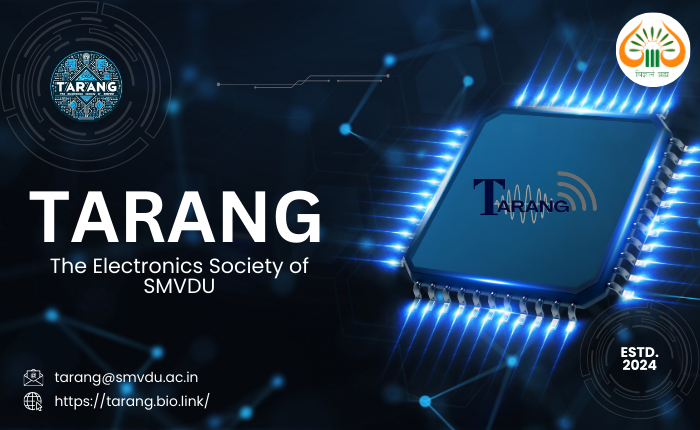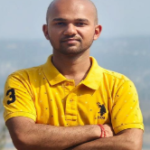Our university boasts a rich history in electronics, even having the honour of Dr. APJ Abdul Kalam, a prominent figure in the field, delivering the first lecture. We have all the resources to reignite this passion, from our esteemed faculty to well-equipped labs. We aim to use these resources to their full potential, fostering opportunities for research, collaboration, and project-based learning in electronics. To truly align with the “Make in India” vision, we should focus on the core of future technology i.e. electronics. We firmly believe our student body is brimming with potential, just waiting for that push, that environment to thrive. Our inspiration comes partly from the VLSI Society of India. VLSI (Very Large Scale Integration) is a powerful technology behind processors and memory chips, but electronics and communications engineering encompasses so much more. We understand we might not have every resource or expert at our disposal, but that shouldn’t stop us from creating an environment that fosters collaboration, exploration, and implementation. Unlike coding on a platform, venturing into hardware requires teamwork to tackle complex challenges. Through this club, we hope to pave the way for developing future technologies that will define India’s path forward. Just as the first computer would have emerged from academia, we too want to contribute to this legacy. Many universities, both in India and abroad, have laid the groundwork for such advancements, and to follow suit, we need collaborative efforts. This is where the club comes in – a platform where we can work together, access labs and faculty guidance, and even explore funding opportunities. Remember, the technologies that seamlessly integrate into our lives, from online payments to express toll lanes, all stem from a strong foundation in electronics.































